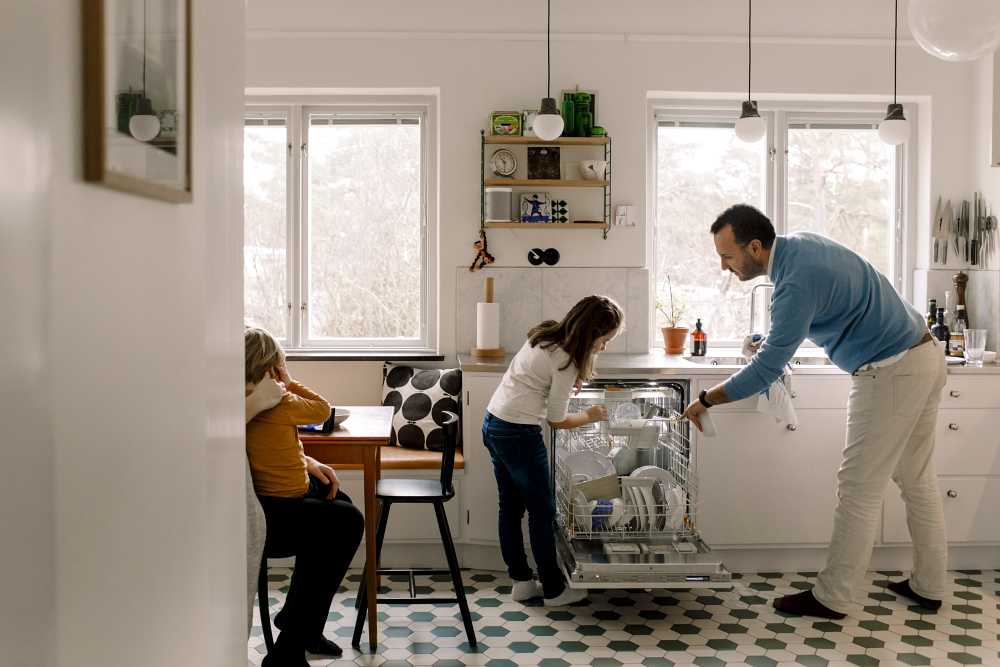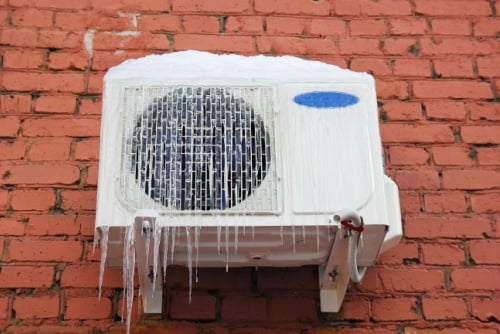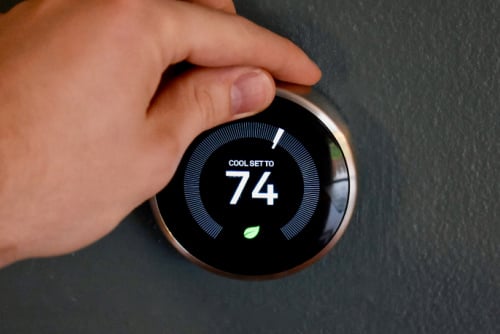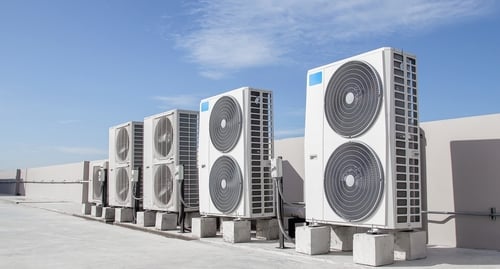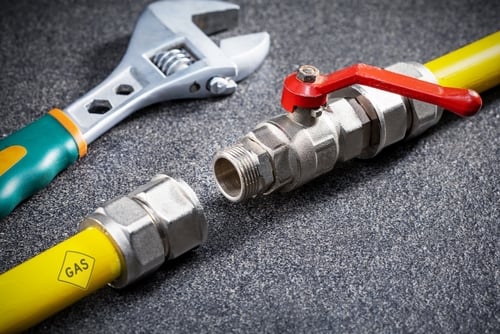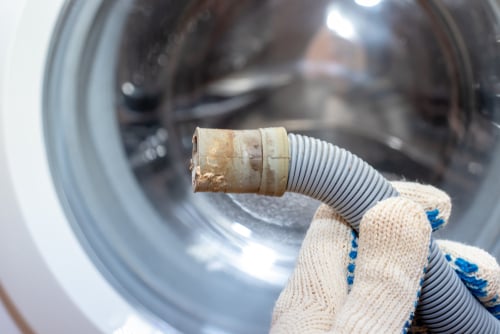Buying a home with an older—or, let’s say, “mature”—HVAC system? Well, age isn’t the only factor to consider when determining how long your HVAC should last.
Your HVAC is made up of some of the most important systems in your home—heating, ventilation, and air conditioning (A/C)—and works hard to keep you and your family comfortable year-round. That’s why it’s important to extend the life of your entire HVAC system with regular maintenance and timely repairs.
Learn how long most home HVAC systems tend to last and how you can maintain yours better.
Your System’s Life Span
So, how long do HVAC systems last? The short answer is: it depends. The average HVAC life expectancy is about 10 to 25 years. A heating system should last about 15 years, and an A/C unit should last 10 to 20 years.
Factors that Affect Your A/C Unit’s Life Span
There are many factors that can affect the average life of an HVAC system.
-
Regular HVAC maintenance. Routine maintenance can help you identify potential problems before they become severe enough to shorten your HVAC’s life span. You can do some maintenance tasks yourself, such as changing your HVAC filter. If you have pets or if someone in your home has allergies, change it every month. Otherwise, change it approximately every three months.
-
Off-gassing. Off-gassing is the release of airborne particulates from common household products. It often occurs with chemicals in newly constructed or newly renovated homes and cleaning supplies, all of which can affect your unit’s life span as it works overtime trying to filter out these particles.
-
Indoor or outdoor A/C unit. The chemicals used in the manufacturing of building components today can cause the copper condenser coils inside indoor A/C units to corrode more quickly. Modern building methods also mean that houses aren’t as drafty as they once were, so there’s less airflow through your home. While that’s great news for your energy bill, it also means that chemicals from cleaning products and new building components can remain in your home longer. For these reasons, outdoor air conditioning units tend to last longer than indoor units.
-
Location. Of course, another factor that affects the average life of an air conditioner or the average life span of a heating unit is how often you use it. In many parts of the country, homeowners only use their air conditioning for a few months out of the year. For example, an A/C unit in Pennsylvania that only gets used for four or five months of the year will last longer than one in Arizona that gets used 24 hours a day, almost year-round. The same goes for heating use in the Midwest versus the Southwest. The more wear and tear on your unit, the shorter its life span.
The Importance of HVAC Tune-ups
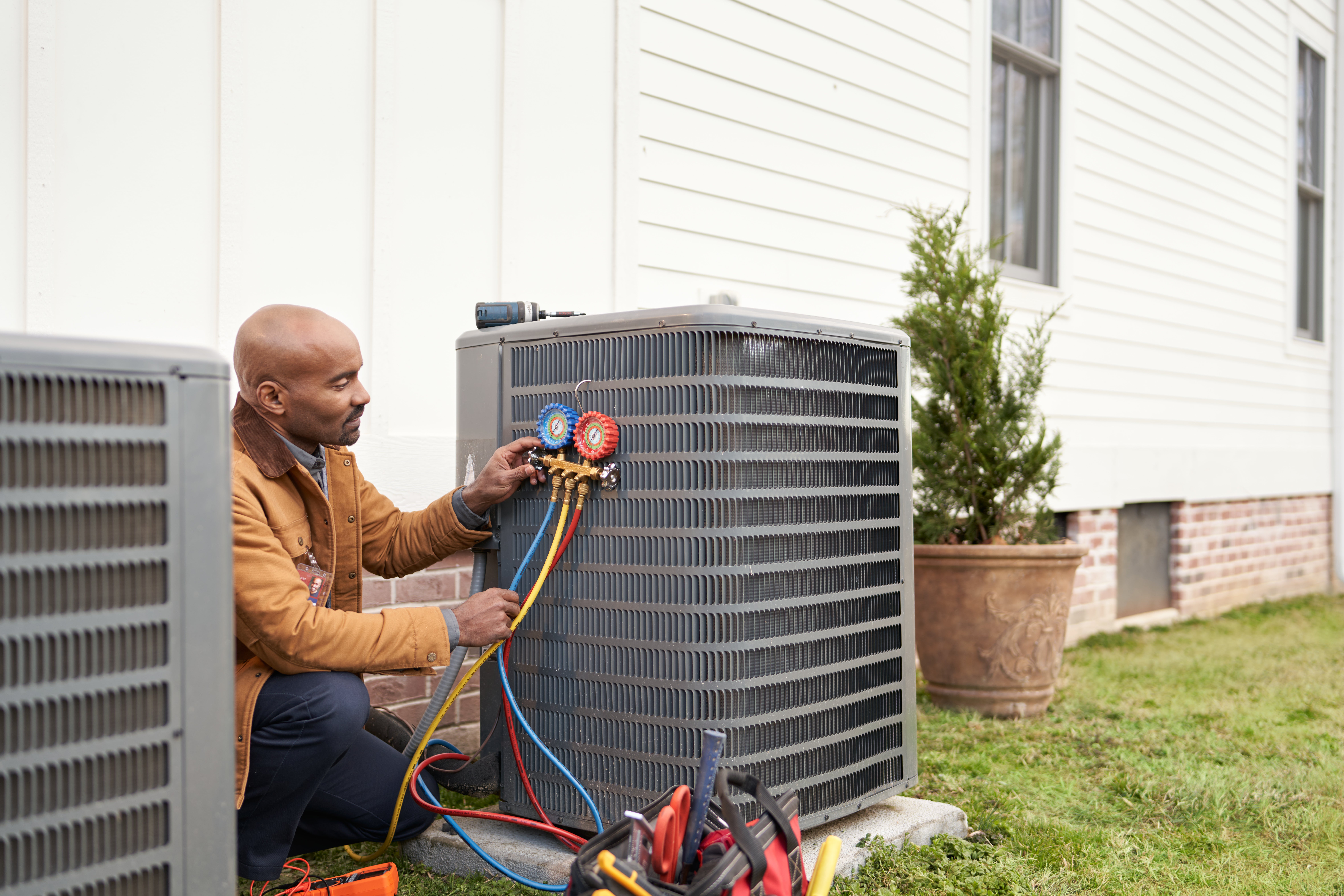
Although DIY HVAC inspection is an option, pre-season furnaces and A/C tune-ups are best left to the professionals. An HVAC contractor can clean the condenser and evaporator coils on your A/C unit and examine the unit for signs of damage. If your A/C needs repair, it’s best to figure that out before it fails completely.
A spring tune-up for your A/C should take place early in the season, so you can avoid breakdowns during the summer when you depend on your A/C to keep you comfortable. The same goes for maintaining your heating unit. Schedule a home HVAC system tune-up for your heating unit in the early fall to prepare for cold weather so that you can avoid breakdowns in the frigid winter months.
If you have a home warranty with American Home Shield, you can relax knowing our ProConnect™ network can help with your HVAC maintenance. Our home warranty plans provide coverage for heating and cooling systems as well as other home systems and appliances you and your family rely on daily. That way, when your HVAC system takes a turn for the worse, we’ll be there to get your system—and your household—back up and running again. Take a look at our pricing and plans to choose the best coverage for your home.
Upgrading to a New System
If your A/C unit is more than 15 years old or your heating unit is more than 20 years old, it may be time to upgrade to a new system, especially if something breaks. When you figure in the cost of labor, some repairs, like replacing a condenser or evaporator coil in your air conditioner, can be just as costly or even more expensive than replacing the unit entirely. Check out HVAC replacement costs, as well as our appliance repair cost guide, to understand how getting a home system might affect your home maintenance budget.
Homeowners in some areas face the prospect of upgrading a legacy home HVAC system to a more modern one. For example, you may have a coal or oil furnace that was installed 50 years ago and should have been replaced 20 years ago. Replacing this system will do more than save you from coping with an unexpected breakdown. It may also significantly lower your heating costs, especially for systems that rely on fuels that are now very expensive, like heating oil.
Likewise, you may want to replace your heat pump or evaporative cooler with a new A/C unit, which will last about as long, perhaps even a little longer, than your old A/C unit’s life span. It will also function more efficiently, saving you hard-earned money. The sooner you replace your legacy system, the sooner you can begin reaping the benefits of lower energy bills.
Home HVAC systems work hard and need proper maintenance, seasonal tune-ups, and repairs to run efficiently throughout the year—and last even longer.
Was this article helpful?

